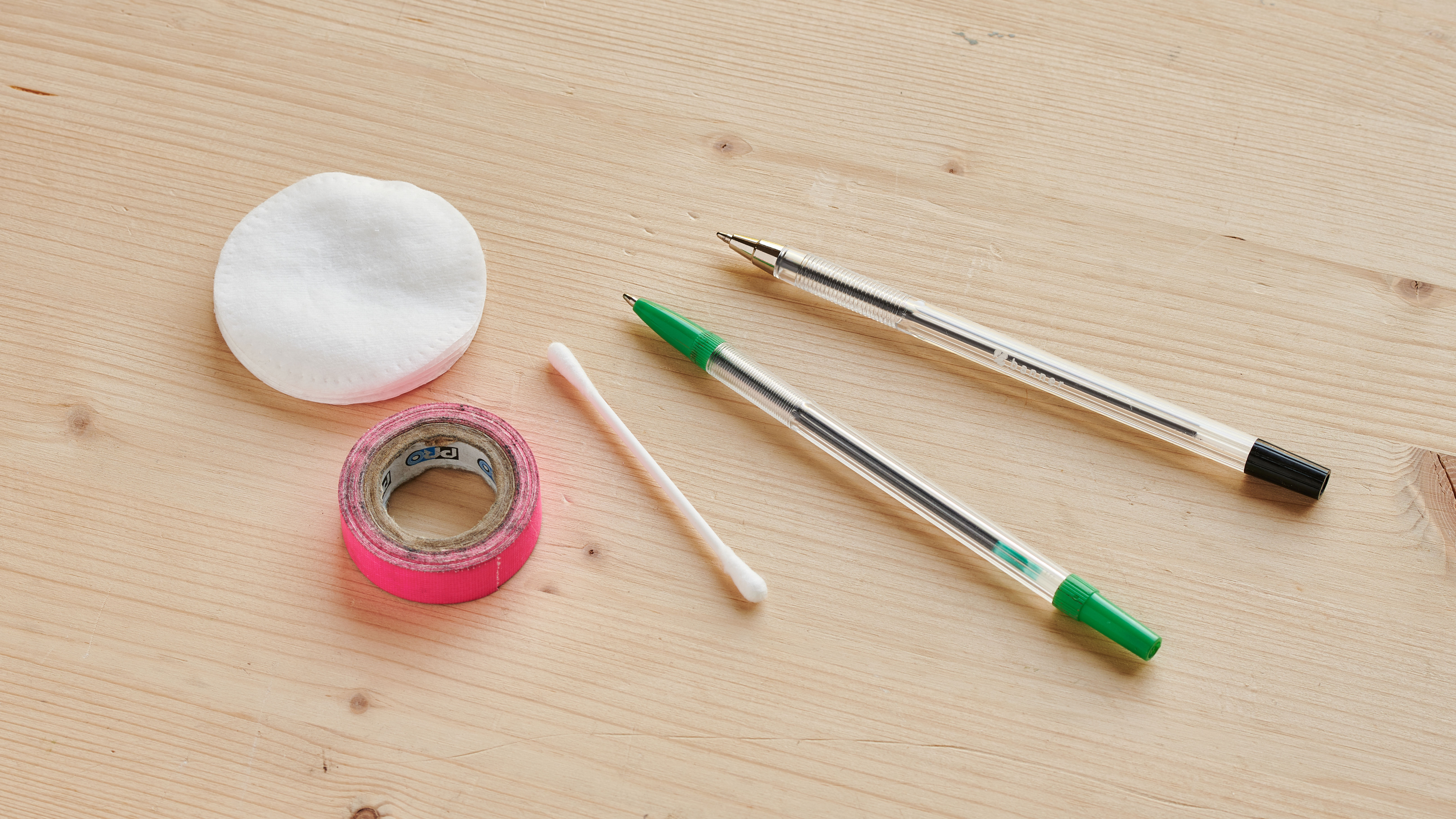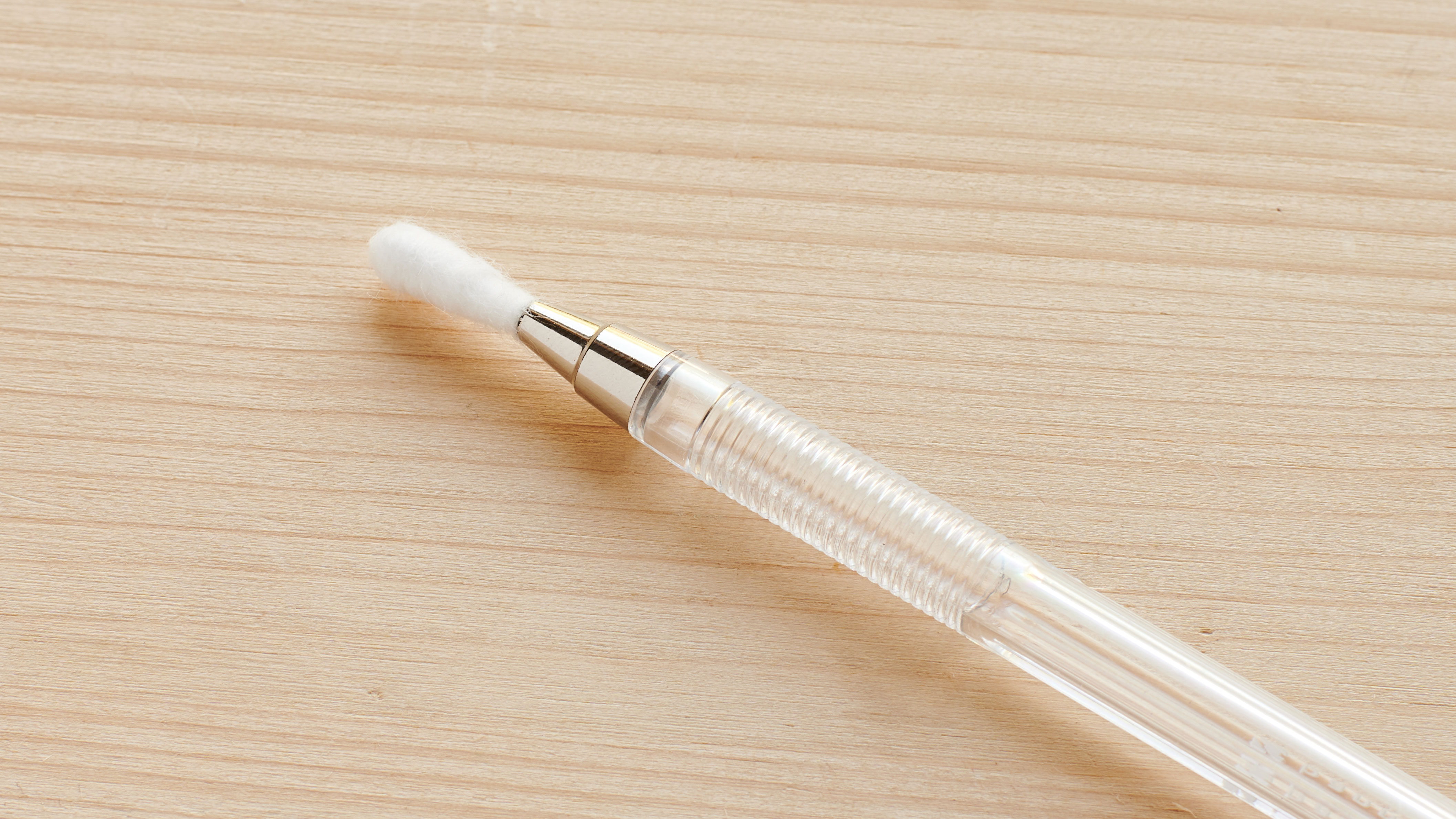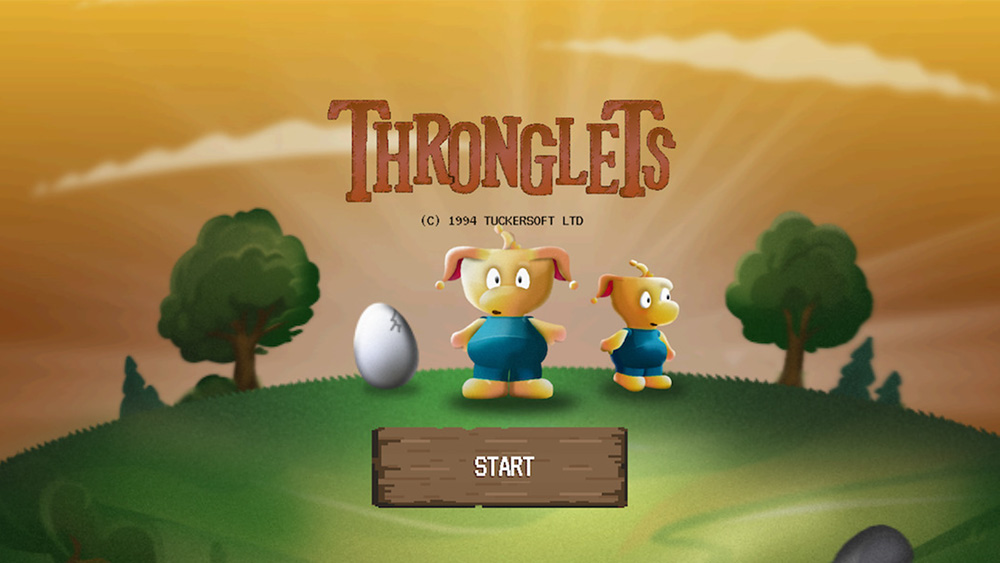Yes, you can really make your own stylus with just 4 household items
This ingenious hack to make your own stylus is a game changer.

You may have heard that you can make your own stylus for an iPad or other digital tablet, and we can confirm that it's quick and easy to do. You don't need any specialist equipment either. Just bear in mind that your handmade stylus won't offer anything like the experience provided by an Apple Pencil (or the best Apple Pencil alternatives). It it will do the job, though. At least for notetaking.
Below are two options for how to make your own DIY stylus for an iPad or any other tablet. Please note that we are not responsible for any damage that might occur should you choose to try this! And by that we mean damage to your pen, cotton wool, tablet or yourself. Watch your fingers and your tablet carefully, and keep the homemade stylus well away from any ports.
For an easier option, do check out our guides to the best iPad stylus and best Android stylus. We also have an Apple Pencil comparison of the various generations and models of the official Apple stylus.
Make your own stylus using a cotton bud/Q-tip
01. Gather your materials

To make your own stylus, all you need is a few household items that you might already have, or should at least be able to find at a shop nearby. You'll need a pen (a ballpoint or biro pen will do fine, it just needs to have a removable ink cartridge), a cotton bud, Q-tip or cotton wool, tin or aluminium foil and some tape. You'll also need some scissors or a craft knife. And that's it.
02. Prepare your materials

Begin by removing the ink cartridge from your pen, leaving a hole where the pen nib would be. Then take your cotton bud and cut diagonally about 100mm from the end of one of the buds with a pair of scissors or a craft knife Make sure you do this carefully as it can be a tricky manoeuvre!
03. Insert the cotton bud tip into pen

With the ink cartridge now removed from the pen, push the cotton bud into the tip where the nib normally sits. This can be fiddifly, so you may need to play around with the size of the remaining stem of the bud.
04. Reassemble the pen and wrap in foil

Once secure, screw the pen back together. Wrap the tin or aluminium foil around the pen making sure the foil is making contact with the cotton bud tip. Using some tape, securely wrap it around the foil for a secure fit.
05. Dampen the tip of your DIY stylus
Now you need to dampen the tip a little to make the pen conductive. Dip the tip in water and squeeze off the excess, you only need the tip to be damp, not soggy, and you don't want to get water on your tablet. That's all there is to it. You now have your very own homemade stylus! If it stops working and is dry to the touch, you can try dampening it again.
Make your own stylus using cotton wool
01. Dismantle your pen and cover the casing in foil

Start by dismantling your pen. If the case of your pen isn’t made from metal, cover the casing in tin foil and secure this with tape.
Tear off a small piece of cotton wool and feed it through the pen nib hole. With the cotton wool poking through the hole, push the ink cartridge back into the tip of the pen – this will help to secure the cotton wool.
You may need to experiment with the amount of cotton wool you’re using – too much and you won’t be able to push the nib back in, too little and the pen nib won’t be covered and will break through the cotton wool.
02. Reassemble the pen

Reassemble the pen, screwing the top back on and then the bottom. It’s better to have the tip of the pen fully secure and leave a gap at the bottom, otherwise the cotton wool will cause a bit of an obstruction. You can always trim the cartridge if it's poking out of the bottom and the pen won't screw back together.
Shape the cotton wool nib with scissors, dampen the tip with a small amount of water (not too much), and start using your very own stylus. If it stops working at any point and the tip is dry, you can dampen it again to revive it.
What are the three types of stylus?
The three types of stylus are captive, echo, and active styluses.
Captive (or passive) styluses are the most basic form of stylus. It replaces your finger by blocking the transmission of light or altering the electrostatic field of your touchscreen. These are the most common options and are often fairly affordable, but they lack the accuracy of more refined options.
Echo styluses use active electrostatic technology (AES) where the stylus acts as a transmitter to generate an electric field. The precision of echo stylus pens is certainly more intuitive than the captive stylus, making them great for illustration and handwriting.
The final and most advanced stylus option is the active stylus. These styluses have an internal communication system that connects to the device, making the connectivity superior to other options. Because of this, active styluses are often limited to specific devices, but with advanced features such as superior accuracy and touch sensitivity, they're a great option for creative professionals.
What random things work as a stylus?
It's important to note that most touch screens use capacitive touchscreens that rely on a person's finger to create conductivity. This means that not every household item is going to be as effective as a stylus pen.
As a rule of thumb, it's best to have a real stylus or one of our DIY options in order to keep your tablet in good condition. If you're in a pinch you can use metal objects like a thumbtack, the head of a screw, or even a key, but be warned, these can cause scratches and damage to your screen.
Will using a homemade stylus damage my tablet?
Possibly. We were able to make a homemade stylus and use it on an iPad with no problems. However, do bear in mind that while an iPad display is pretty darn solid, cotton wool can easily pick up pieces of grit, and it's not impossible that this could cause small scratches. For the ultimate peace of mind, we recommend buying a stylus.
Did this technique work for you? Share your homemade stylus creations with us via Twitter or Facebook.
If you're looking to upgrade your creative tech, check out our collection of the best beginners' drawing tablets or take a look at the best tablets with a stylus pen for drawing and note-taking. Want to leave the stylus making to the experts? see today's best deals below.
Get the Creative Bloq Newsletter
Daily design news, reviews, how-tos and more, as picked by the editors.

Thank you for reading 5 articles this month* Join now for unlimited access
Enjoy your first month for just £1 / $1 / €1
*Read 5 free articles per month without a subscription

Join now for unlimited access
Try first month for just £1 / $1 / €1

Jo is group art director on the events team at Future and has worked on a number of magazines and brands, including Computer Arts, What Hi-Fi? and T3. She recently led the redesign of Creative Bloq's sister site, TechRadar.
- Rosie HilderDeputy editor
